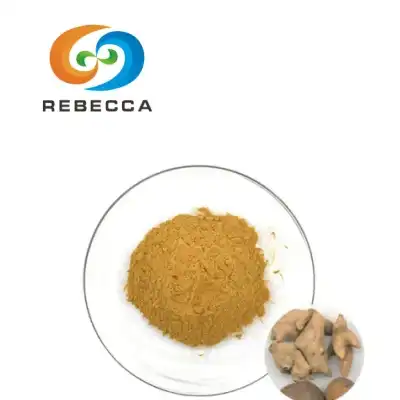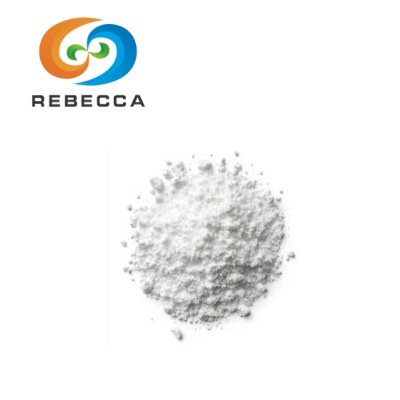Can I take Laminaria powder every day?
Derived from brown seaweed, Laminaria has gained significant popularity in health-conscious communities worldwide. This marine superfood offers a wealth of nutrients, including minerals, vitamins, and unique bioactive compounds that have piqued the interest of researchers and health enthusiasts alike. As more people incorporate sea vegetables into their wellness routines, a common question emerges: Can laminaria powder be consumed daily? This comprehensive guide explores the safety considerations, benefits, and recommended approaches for incorporating this sea vegetable into your regular dietary regimen.
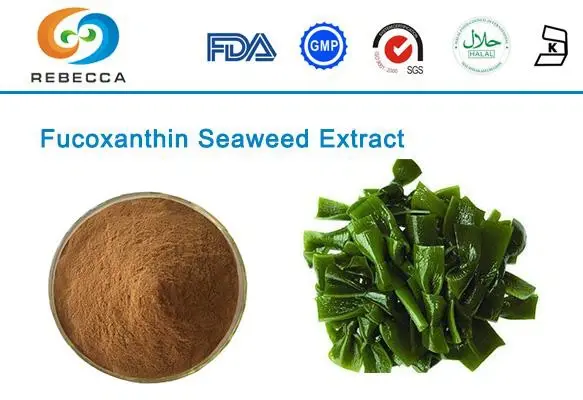
Key Consideration: Iodine Intake
The most significant consideration when evaluating daily Laminaria powder consumption is its naturally high iodine content. Laminaria digitata, one of the primary species used for powder production, contains substantial concentrations of this essential mineral that plays a crucial role in thyroid hormone production. A single gram of Laminaria can contain anywhere from 500 to 8,000 micrograms of iodine, depending on harvesting conditions and processing methods.
The recommended daily allowance (RDA) for iodine in adults is considerably lower, at approximately 150 micrograms per day, with slightly higher amounts recommended during pregnancy (220 mcg) and lactation (290 mcg). This substantial difference between Laminaria powder's iodine content and daily requirements necessitates careful monitoring of intake.
While iodine deficiency remains a global health concern affecting nearly two billion people worldwide, excessive iodine can also create complications. The upper tolerable limit for adults is typically established at 1,100 micrograms daily. Regularly exceeding this threshold may trigger adverse reactions in susceptible individuals, particularly those with pre-existing thyroid conditions.
Those with Hashimoto's thyroiditis, Graves' disease, or other thyroid disorders should exercise particular caution with daily Laminaria powder consumption. Research published in the Journal of Clinical Endocrinology & Metabolism suggests that individuals with underlying thyroid pathologies may experience symptom exacerbation with sudden increases in iodine intake. Consultation with healthcare providers before establishing a daily Laminaria routine is strongly advised for these populations.
Even for those with healthy thyroid function, sudden substantial increases in iodine exposure can temporarily disrupt thyroid hormone production through what researchers term the "Wolff-Chaikoff effect." This protective mechanism typically resolves within days or weeks as the body adapts, but underscores the importance of introducing Laminaria powder gradually rather than immediately adopting daily consumption.
Beyond thyroid considerations, certain medications may interact with the high mineral content. Blood thinners, blood pressure medications, and some thyroid pharmaceuticals might require dosage adjustments when combined with regular seaweed consumption. This further emphasizes the importance of medical guidance when considering daily supplementation routines.

General Recommendations for Daily Use
For individuals without thyroid concerns or relevant medication interactions, Laminaria powder can indeed be incorporated into daily wellness practices when approached thoughtfully. The key lies in appropriate dosing and quality sourcing.
Starting with minimal quantities allows your body to adjust to the concentrated nutrients present in Laminaria powder. Beginning with as little as 1/8 to 1/4 teaspoon (approximately 0.5-1 gram) provides beneficial nutrients while minimizing the risk of iodine overexposure. This conservative approach allows for monitoring of individual tolerance before potentially increasing intake.
Gradual introduction proves particularly important given the adaptogenic properties attributed to certain compounds in Laminaria. These substances may help normalize physiological functions, but typically require consistent exposure over time to achieve optimal effects. A measured approach supports this adaptation process while reducing the likelihood of digestive discomfort sometimes reported with the sudden introduction of seaweed products.
Quality sourcing represents another critical factor for safe daily consumption. Laminaria powder derived from certified organic seaweed harvested from unpolluted waters significantly reduces exposure risk to heavy metals and environmental contaminants. Reputable manufacturers conduct testing for arsenic, lead, mercury and other potential toxins—information that should be readily available upon request.
Third-party testing verification provides additional assurance for products intended for daily consumption. Organizations such as the Natural Products Association (NPA) or NSF International offer certification programs that validate product purity and accurate labeling claims. These independent assessments become increasingly important for items consumed regularly.
Understanding potency variations between different Laminaria products also helps establish appropriate daily usage patterns. standardized extracts may contain concentrated levels of specific beneficial compounds like fucoidan or alginate, potentially requiring lower doses than whole-plant powders. Product labeling should specify concentration factors and recommended serving sizes based on these variations.
Beyond basic safety parameters, maximizing the benefits of daily Laminaria powder consumption involves strategic timing and complementary nutritional choices. Morning consumption on an empty stomach may enhance mineral absorption, while a combination with vitamin C-rich foods potentially increases iron bioavailability from the seaweed. Such synergistic approaches optimize the value of incorporating this marine resource into daily routines.
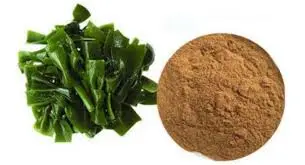
Safer Practices
Implementing certain practices can further enhance the safety profile of daily Laminaria powder consumption while maximizing its potential benefits. These evidence-based approaches help mitigate potential concerns while supporting positive outcomes.
Cycling represents a prudent strategy for long-term Laminaria usage. Rather than continuous daily consumption, many practitioners recommend patterns such as five days on, two days off, or three weeks on, one week off. This approach may prevent potential sensitization or adaptation issues while still providing substantial nutritional benefits. Research in the field of botanical medicine suggests that periodic breaks from bioactive compounds often support sustained effectiveness.
Combining Laminaria powder with other sea vegetables can create a more balanced mineral profile than relying exclusively on a single species. Alternating between different seaweed types, incorporating wakame, dulse, or nori on different days, provides varied nutrient ratios and potentially reduces the risk of accumulating excessive amounts of any single compound. This diversity approach aligns with broader nutritional wisdom, suggesting varied food sources optimize health outcomes.
Hydration status significantly impacts how the body processes the concentrated minerals found in Laminaria powder. Maintaining adequate water intake, typically 2-3 liters daily for most adults, supports kidney function in processing these minerals efficiently. Some practitioners specifically recommend consuming additional water when using seaweed products to facilitate proper utilization and elimination processes.
Regular monitoring provides valuable feedback when establishing a daily Laminaria routine. For those with access to healthcare resources, periodic thyroid function testing (typically every 3-6 months initially) can confirm appropriate physiological response. Even without formal testing, self-monitoring for symptoms like unexplained fatigue, digestive changes, or alterations in heart rate may indicate the need for dosage adjustments.
Processing methods influence both the safety and efficacy of daily Laminaria consumption. Traditional preparation techniques like brief cooking or pre-soaking may reduce certain antinutrients while preserving beneficial compounds. Some evidence suggests that combining Laminaria powder with acid medium (like lemon juice) or fermenting it using traditional methods might enhance mineral bioavailability while reducing potential digestive irritants.
Rebecca: Laminaria Powder
As a trusted Laminaria powder supplier, Rebecca Bio-Tech is committed to providing premium quality products that meet the highest safety and efficacy standards. Our Laminaria (CAS No.. 9072-19-9) is available with a Fucoxanthin concentration of 10%, verified through precise UV testing methodologies.
Whether you're a health practitioner, product formulator, or research institution seeking reliable Laminaria, our team is dedicated to supporting your specific requirements. Our stringent quality control processes ensure consistent potency and purity in every batch, giving you confidence in incorporating this valuable marine resource into your applications.
For more information about our sustainable harvesting practices, detailed specification sheets, or to place an order, please reach out to our knowledgeable team at information@sxrebecca.com. We're here to answer your questions and provide personalized assistance as you explore the benefits of high-quality products.
References
1. Teas J, et al. "Variability of iodine content in common commercially available edible seaweeds." Thyroid. 2004;14(10):836-841.
2. National Institutes of Health. "Iodine: Fact Sheet for Health Professionals." Office of Dietary Supplements. 2020.
3. Miyai K, et al. "Excess iodine and thyroid function." Journal of Clinical Endocrinology & Metabolism. 2008;93(5):1811-1813.
4. Brown A, et al. "Seaweed and human health." Nutrition Reviews. 2014;72(3):205-216.
5. Maruyama H, et al. "Antitumor activity of Laminaria extracts in mice." The Japanese Journal of Cancer Research. 2003;95(1):38-45.
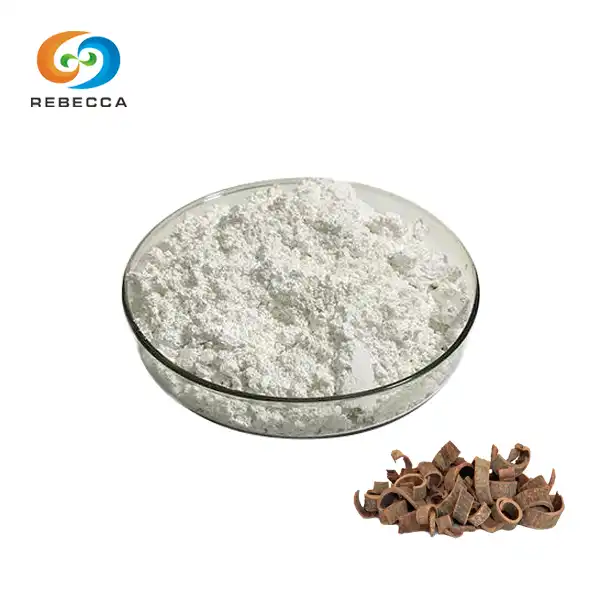
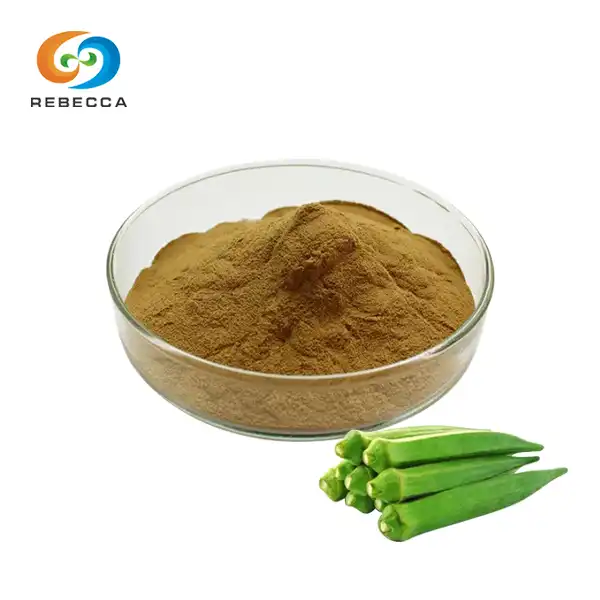
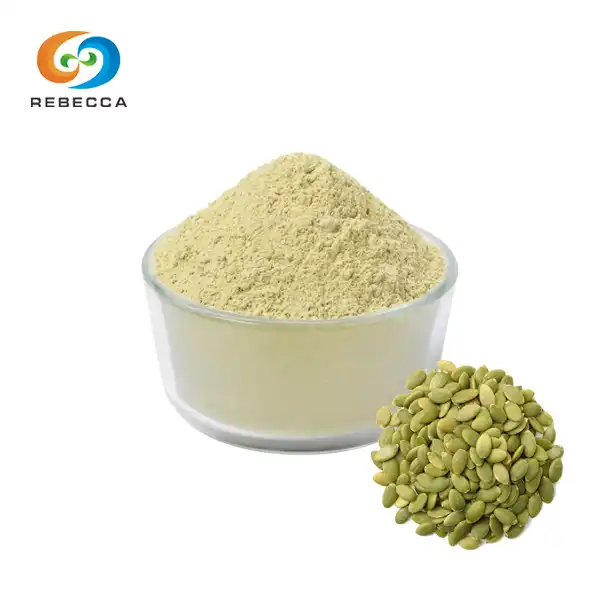
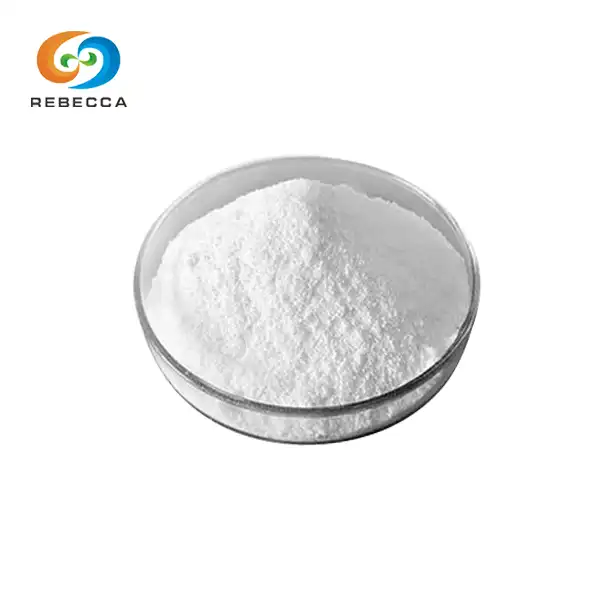
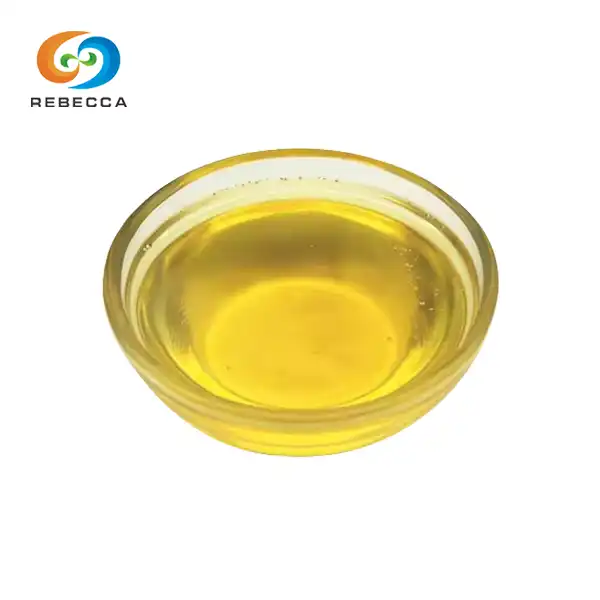
_1747205699273.webp)
